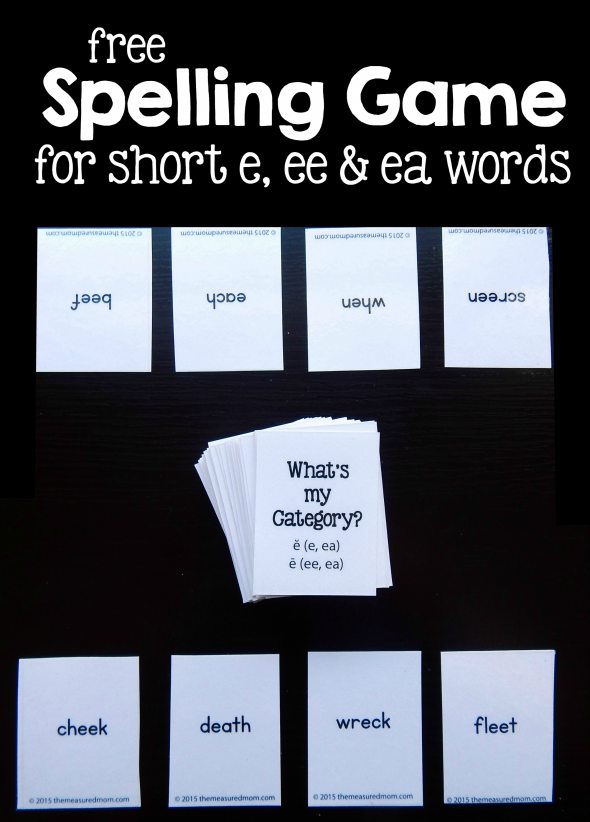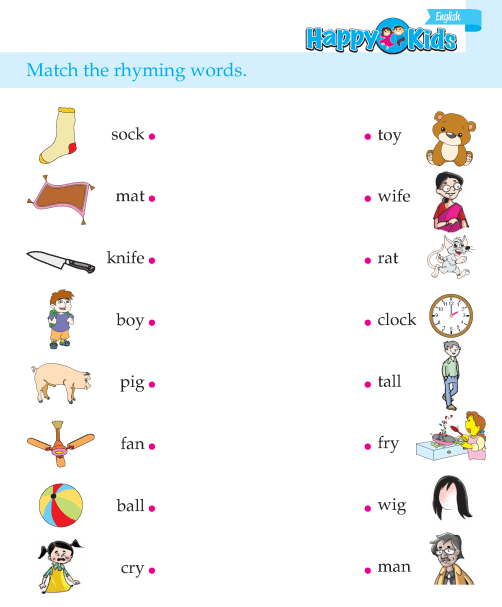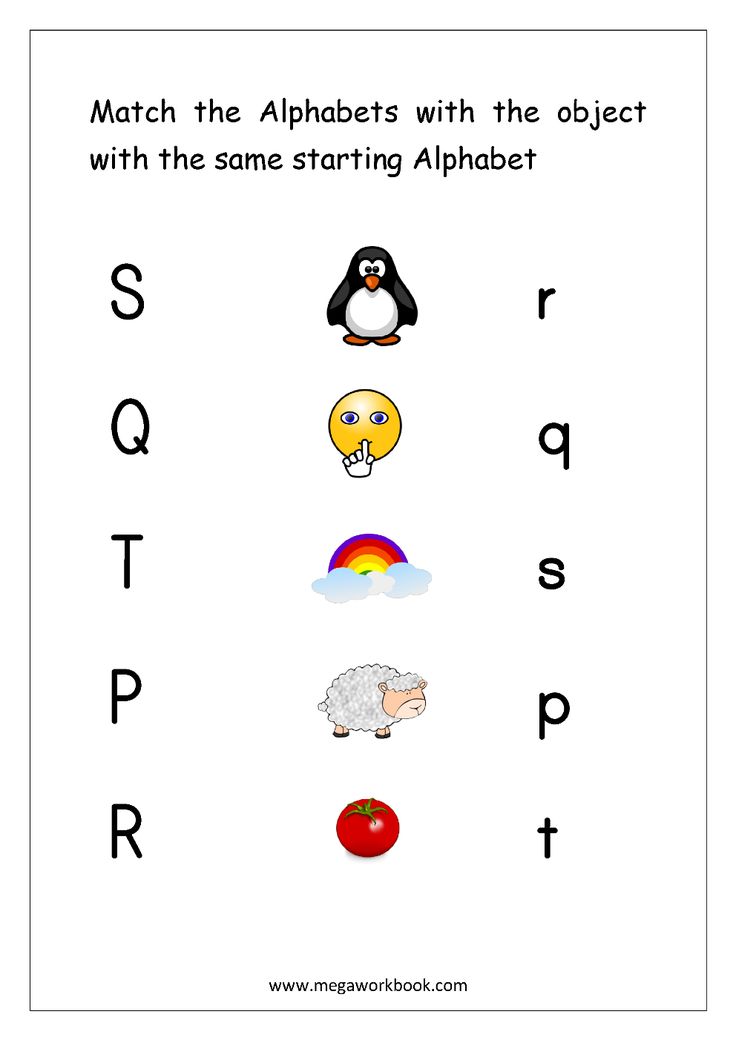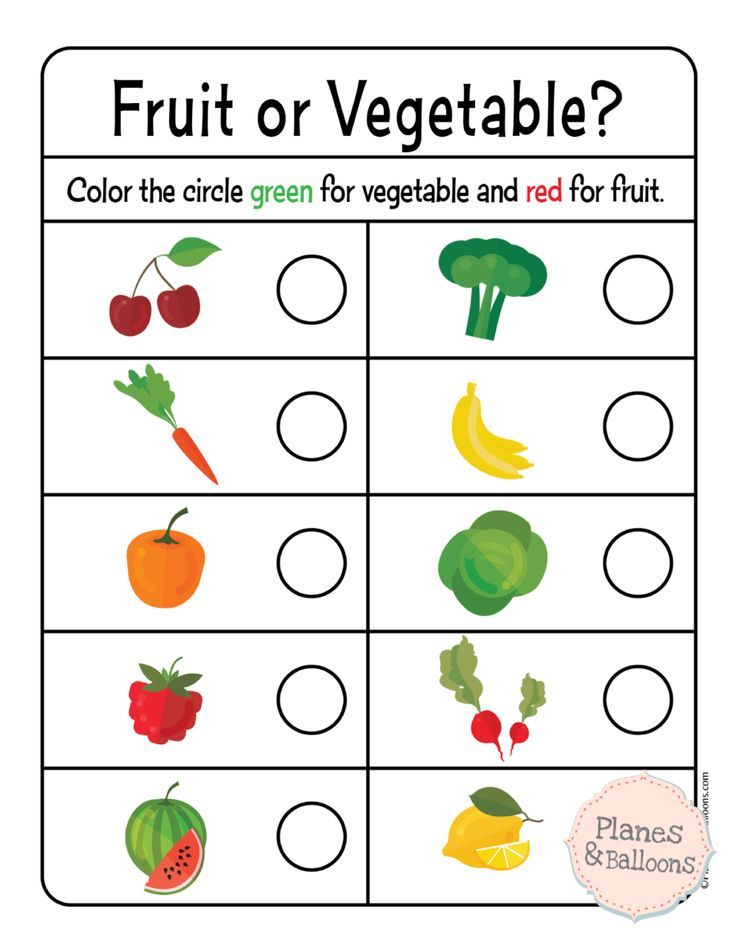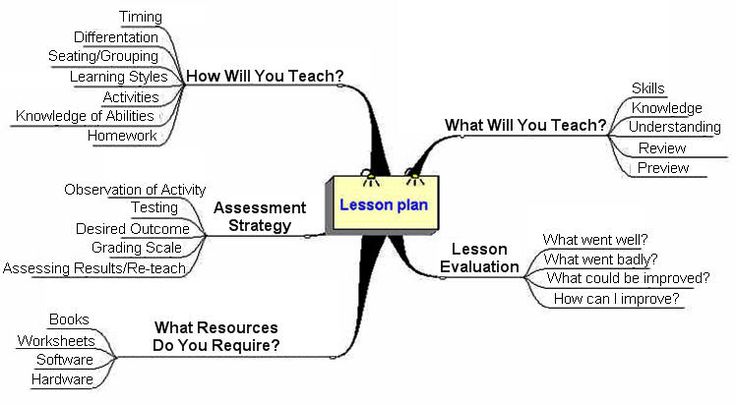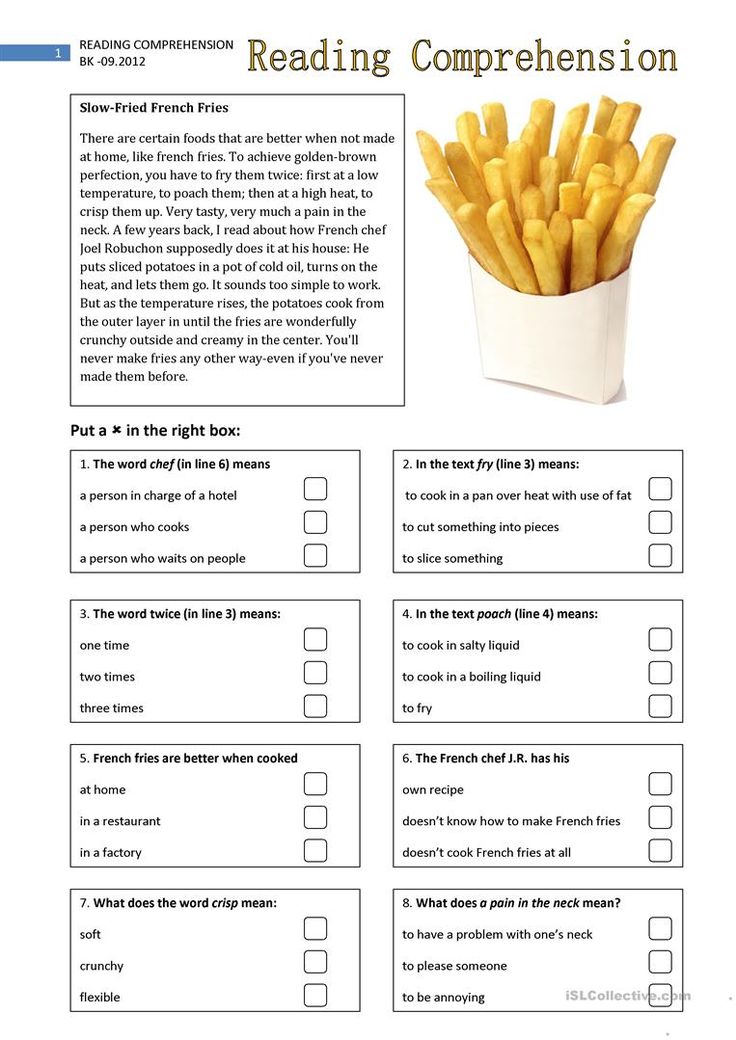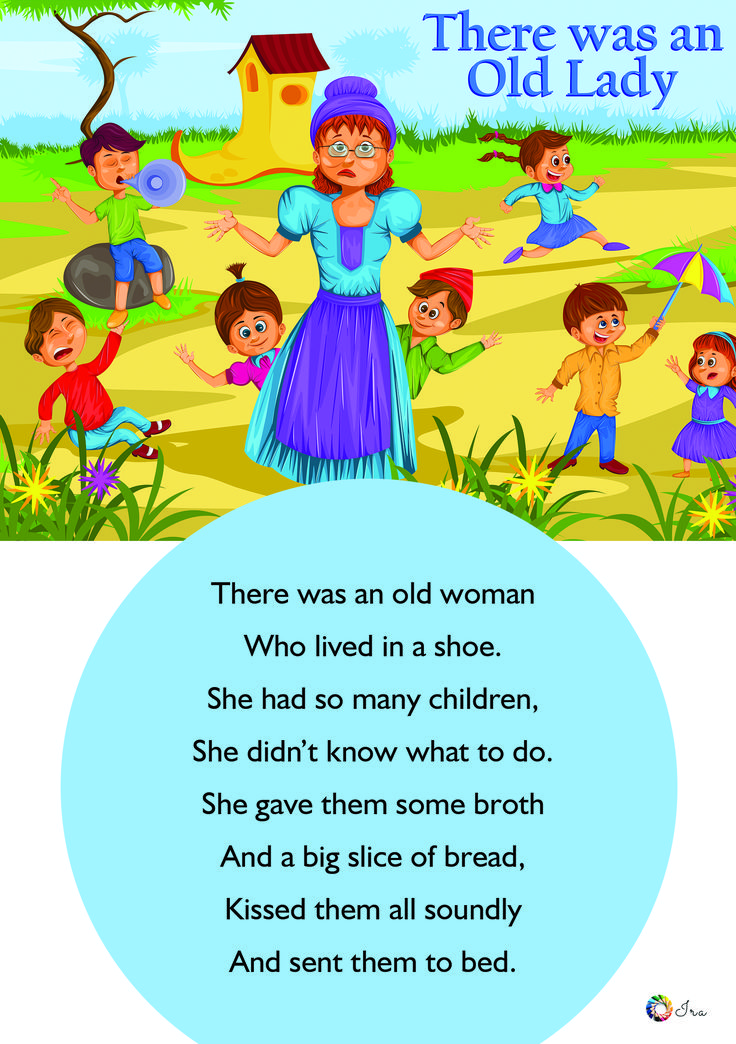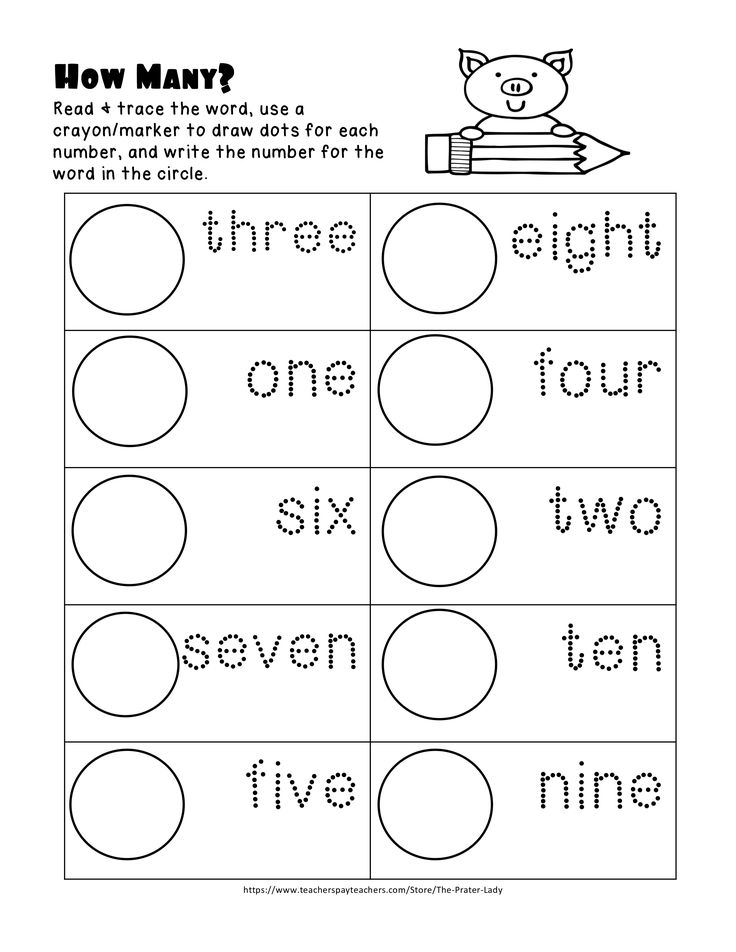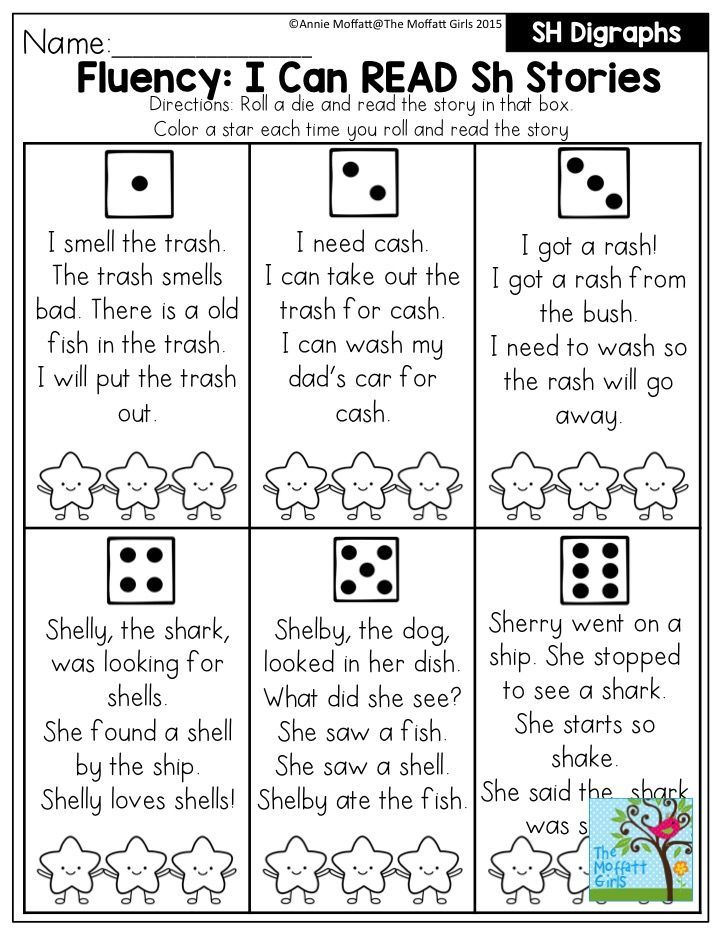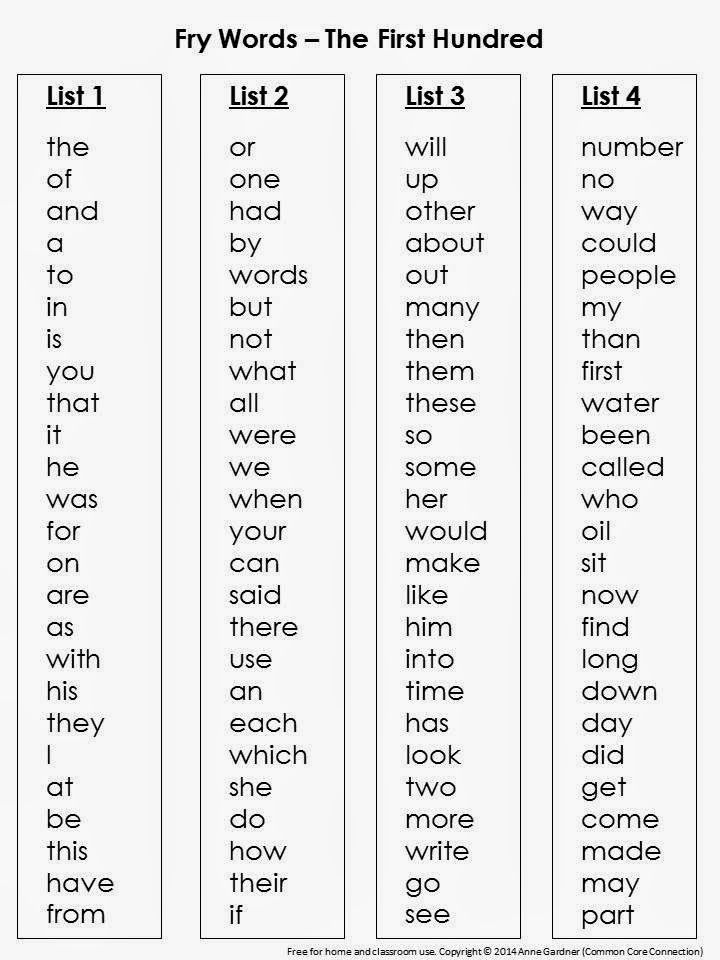Spelling help for kids
Does Your Child Struggle With Spelling? Try This Spelling Help For Kids
Children who fall behind classmates in spelling, who forget words easily, or who mix up letters when writing, are children who need special, loving, considerate attention regularly at home to help them overcome their unique learning problems. Forcing an activity on them or making it over-demanding only serves to intensify the child’s negative feelings about it. Here are some suggestions other parents have successfully used to help their children in these areas.
RELATED: Download Our Free Homework Charts!
Develop auditory and vocal skills. Good spellers are usually good readers and good speakers and vice versa. Using the school or local library helps your child develop some of these skills. Restrict the amount of TV he watches. Your child cannot talk back to a television set. Children need to use the language they will be writing. Give your child the opportunity to talk with you.
Experience stories. Let your child write about the things he likes. He can illustrate the stones himself or cut pictures from magazines to illustrate them. Let him write the words without assistance unless he asks for help. Misspelled words can then be used in little games you play with your child. A one-line “story” may be all that he can handle. If so, fine.
Write letters. Corresponding with a friend or relative-or a simple statement at the bottom of a letter you write to someone your child knows-offers him opportunities to spell.
Trace words. This activity helps many children. Have your child sit next to you (or, if young, sit on your lap). Sit so that you can guide his writing hand. Make sure that only his index and middle fingers are extended, and that his eyes are closed. If your child is using manuscript, use that form. Take his hand and print (or write) the word that is confusing to him.
Finger paints are messy, but ever so helpful.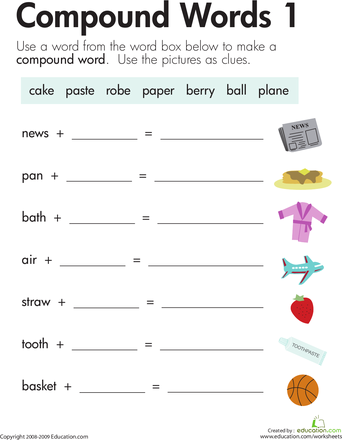 Use oilcloth and a large table. Have your child roll up his sleeves and wear an old apron. Let him use both hands to write letters and words, It is a marvelous activity. Just gating the feel of large movements may be sufficient without introducing formal spelling to the activity.
Use oilcloth and a large table. Have your child roll up his sleeves and wear an old apron. Let him use both hands to write letters and words, It is a marvelous activity. Just gating the feel of large movements may be sufficient without introducing formal spelling to the activity.
All kids love codes, so why not encourage your child to decode messages diet you leave for him? Let him make up his own codes for you. You make up one but make sure he has a way to decode it.
If your child is working on a class spelling list and can only remember half of the words, speak to his teacher. Teachers are more than delighted to hear how their students respond to homework. Perhaps the list can be reduced so that your child has fewer words and can learn these more efficiently and comfortably.
Don’t tackle an entire spelling bar in one sitting. Take one-third for example, each evening, to work on with your child. Break the practice into small units. Try fifteen minutes of review when he gets home; fifteen minutes before supper; fifteen minutes after supper.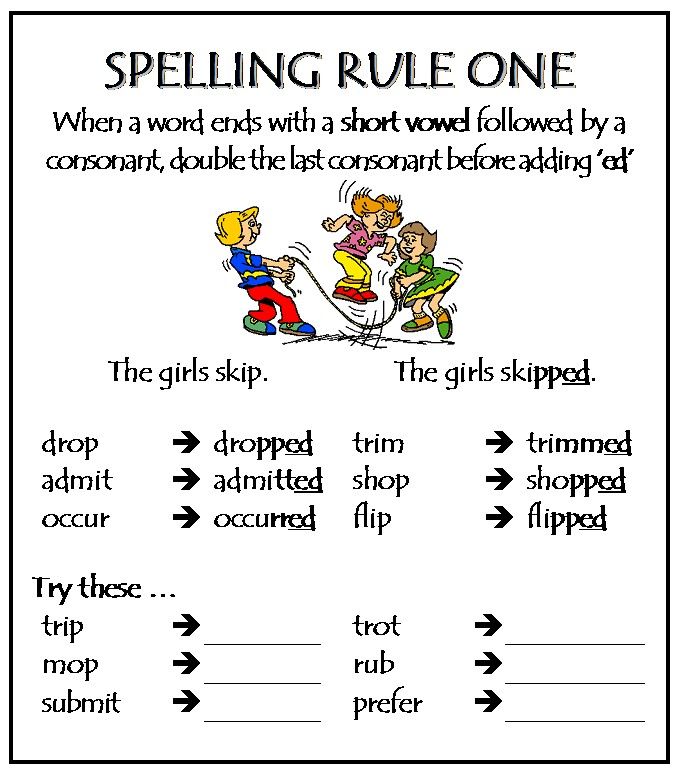 Shorter periods given frequently are more effective than one massive review-which is also exhausting and frustrating.
Shorter periods given frequently are more effective than one massive review-which is also exhausting and frustrating.
Sometimes words on a spelling list can be “clustered” into similarities. For example, you might try attempting all of the five-letter words one day, all the words beginning with consonants the next day, all the words beginning with blends the next day. This kind of grouping will help your child to perceive similarities and differences in the words, and, hence, develop his recall.
An old trick that really works is to have your child practice. Write each of his words, and then draw with a black crayon around each word. Then he can lightly color the shape of the word. This is known as “studying the shape” (or configuration). Just make sure your child uses straight, not curved, lines when he outlines the word.
Before your child starts to silently study his list for that day, let him pronounce each word. Children must know how to properly pronounce a word before they attempt to spell it, If their pronunciation is not correct, they will indeed spell it as they would pronounce it in their own way.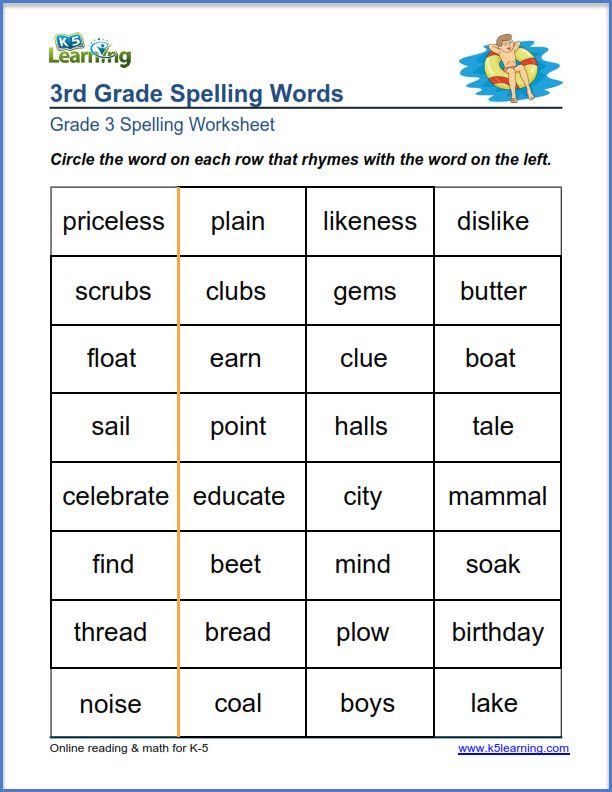 (Also make sure they know what the word means and can use it or understand it when they hear it.)
(Also make sure they know what the word means and can use it or understand it when they hear it.)
To start studying, a child should look at the word, pronounce it, spell it orally as he looks at it, cover it with his hand, and then attempt to spell it or, as he traces it on your kitchen table, letter by letter.
After your child has studied, let’s say five words, in the manner described, spell the words to him, in random order, and have him name the word you spelled.
Invest in a set of plastic magnetic letters that are available at many discount, toy, and variety stores. Let your child spell the word by successively placing the magnetic letters on the magnetic board. You can show him the word, then remove it Have him name each letter as he locates it and places it on the board. This is good for developing the correct order for letters within the words.
Word lists. These can be made using paper available in the house. Print or write the words being studied. Post one copy of the list on die refrigerator, another on the door to your child’s room, and another in the bathroom.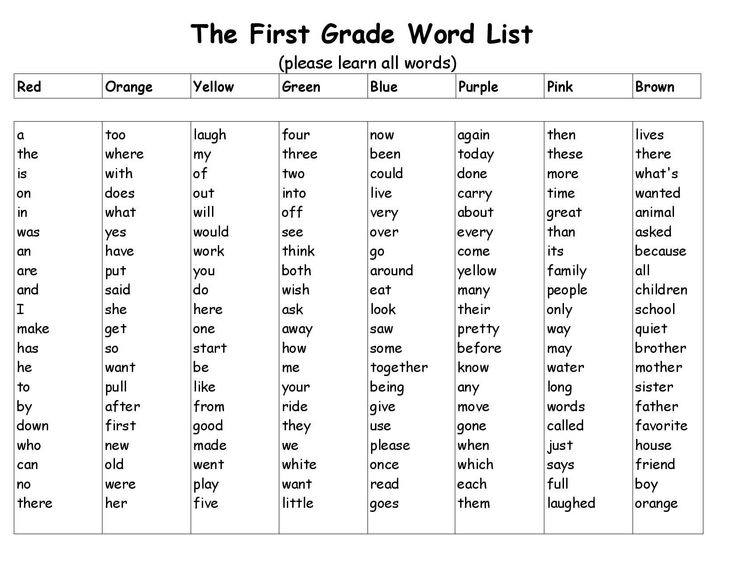 Maybe another can go over the TV set. Use a different color crayon for each word-or use a different color for parts of each word regularly confusing your child. For example, if he continues to write “come” as “cum,” use black for the “c” and I’m” but red for the “o” and “e”.
Maybe another can go over the TV set. Use a different color crayon for each word-or use a different color for parts of each word regularly confusing your child. For example, if he continues to write “come” as “cum,” use black for the “c” and I’m” but red for the “o” and “e”.
Put movement into learning words. Have your child clap for each letter or take a step for each letter as he spells the word orally. This will help ” lock in” the correct sequence of letters, as well as develop full recall for the word.
Let your child play teacher. Let him teach you the words he is learning to spell. Spell them orally to him. Let him correct you. Then have him dictate to you and you write them. Have him score your paper. Make a game of it. He’ll know you really know how to spell them, so veil him it’s a game.
Commercial dice with letters rather than numbers. Take turns with your child in tossing them and building words. List the words as they are made. The list can be saved and added to each time you play.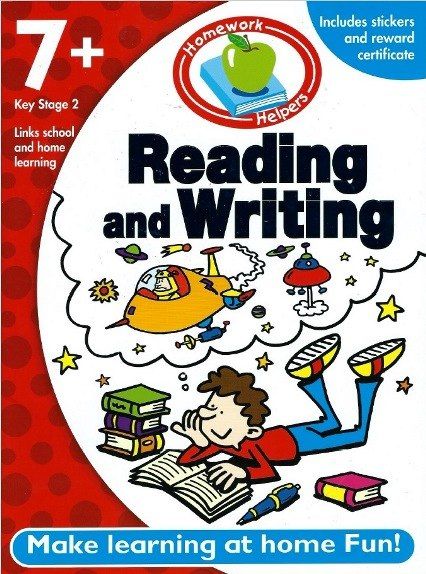 That way be can develop a “reference fist” to use over and over spin to reinforce his recall.
That way be can develop a “reference fist” to use over and over spin to reinforce his recall.
Listening skills do help spelling. “What letter does ‘chart, end with?” What letter does ‘piano’ begin with?” Play these games just for a few moments before supper, or after breakfast to develop your child’s ability to hear sounds in words.
RELATED: Download Our Free Homework Charts!
Rhyming words is another game that can build spelling skills. “Can you think of a word that rhymes with fill?” As your child says hill, Bill, till, and so on, write them down. He’ll soon notice, himself, that they have identical endings.
Remembering. This is a game to develop visual memory. Write one word on a piece of paper. Leave space underneath it. Tell your child to look at it as long as he wants, that is, until he can remember the letters, then have him fold the paper so that he cannot see the word. He is then to try to write the word from memory. Let him check it himself, and if he has misspelled, try again.
Practice in spelling can come in a variety of ways. For example, you might ask him to help you make a grocery list by looking at the advertisement for a local supermarket You could check the items you want to purchase, and you could ask him to make a list to help you out.
Find the wrong word. Write a short sentence for your child. Tell him that there is one word spelled incorrectly. Ask him to see if he can find it. To begin, make it a rather obviously misspelled word. Leave a letter out, or add an extra letter to a word. Ask him to first read the sentence, then to circle the misspelled word. Then make sure you erase it and write it correctly.
Helping your child at home with spelling requires patience and a non-school-like setting. Don’t try to be a teacher. Be a parent who teaches. Your child wants to please you-he wants your honest, sincere praise. Keep the activities short-and fun, and do them regularly, with variety.
Spelling Shed Review - EducationalAppStore
What is Spelling Shed?
Spelling Shed is a game that makes spelling fun and compelling for learners and is also great for practising spellings at home.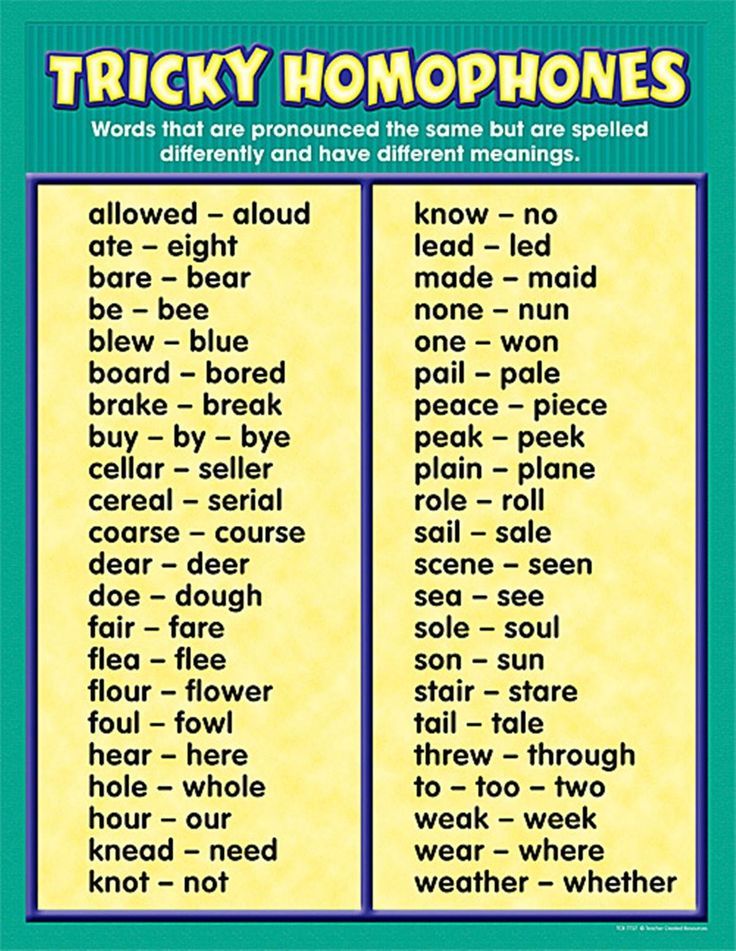 Their spelling curriculum also has been designed to give 100% coverage of the Common Core and state ELA spelling standards. Spelling Shed has been designed by a team of Primary school teachers with primary school students, teachers and parents in mind and aims to make spelling fun for students as well as simple for teachers to manage.
Their spelling curriculum also has been designed to give 100% coverage of the Common Core and state ELA spelling standards. Spelling Shed has been designed by a team of Primary school teachers with primary school students, teachers and parents in mind and aims to make spelling fun for students as well as simple for teachers to manage.
How does it work?
Upon opening the Spelling Shed, the user is greeted with the app’s ‘Home’ screen which has a number of options. The top left menu system enables the user to access ‘settings’ such as music and sound effects. There is also an option to ‘Create an account’, ‘Login’ and ‘Login with a QR code’ where the user can access custom spelling lists from the dedicated Spelling Shed website. Spelling Shed app allows full offline play and can be used without an account. This app has been developed to be ‘dyslexia friendly’ using the ‘Open Dyslexic’ font.
The top right menu enables the user to access ‘Leader boards’.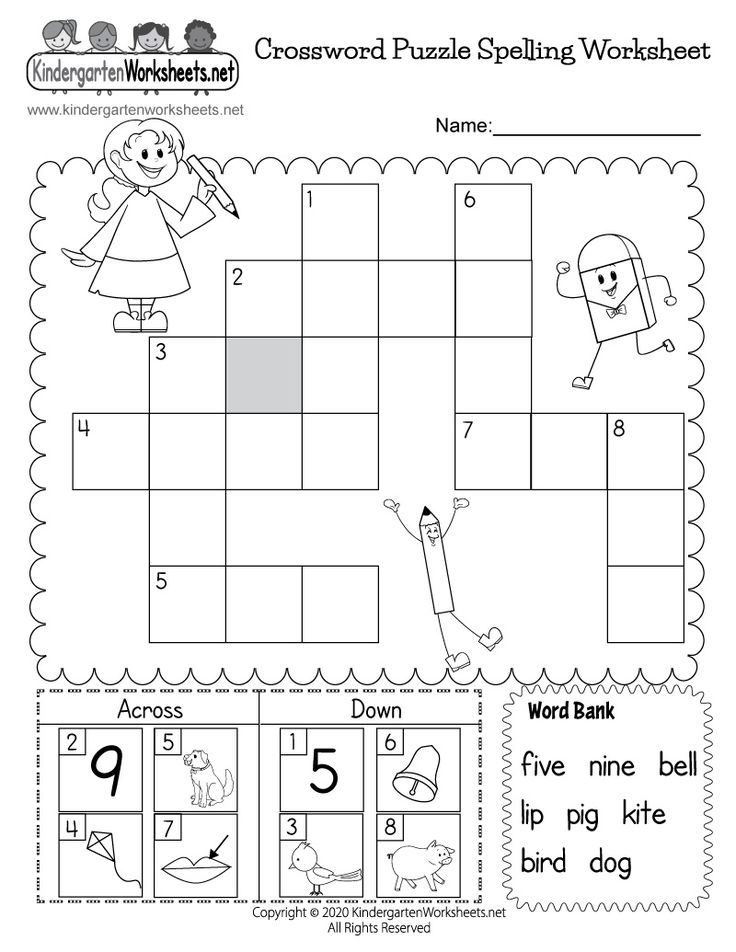 This option is only available when signing in as a teacher or school. The bottom of the screen displays your highest score. The ‘Home’ screen is bright colourful, child friendly and easy to navigate.
This option is only available when signing in as a teacher or school. The bottom of the screen displays your highest score. The ‘Home’ screen is bright colourful, child friendly and easy to navigate.
The ‘Home’ screen offers four main options. Spelling for ‘Stage 1 and 2’, ‘Stage 3 and 4’, ‘Stage 5 and 6’ and ‘More Lists’. Each stage chosen has four levels of difficulty: easy, medium, hard and extreme. This is a great feature as not only does it allow for parental and classroom differentiation but also provides numerous spelling level combinations.
The ‘More Lists’ option provides a further insight into words that are included in the stages such as ‘Stage 1 and 2’ which provides a comprehensive list of Year 1 and Year 2 spellings as suggested by the National Curriculum. We did feel that the headings of the spelling sections were slightly confusing. Is ‘Stage 1 and 2’ a game play stage, key stages or Years 1 and 2?
However, we loved the feature where your own lists can be added or a list that is suggested by the developer.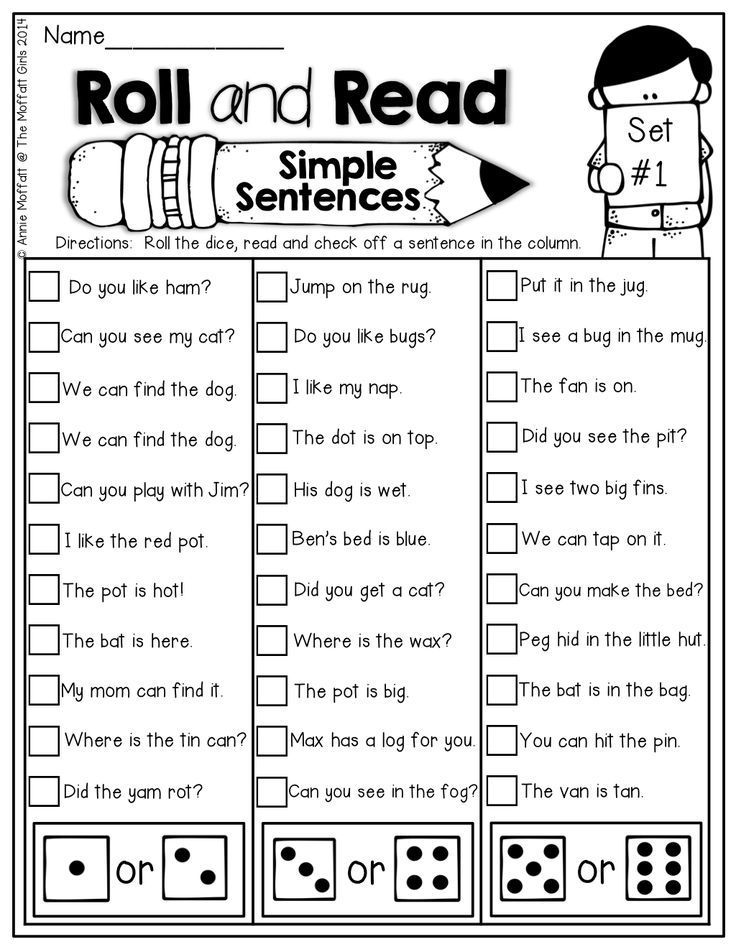 Parents will find this an excellent feature if students have been set spellings in particular subjects or themes that can then be added to the game play for the user to practise.
Parents will find this an excellent feature if students have been set spellings in particular subjects or themes that can then be added to the game play for the user to practise.
Once the level has been chosen the game play experience is welcoming and colourful.
The ‘Easy’ level sounds the word out and displays it before asking the user to spell it by inserting the letters (the word can be repeated using the ‘play’ button in the top right). These spellings are scored out of ten and points are awarded for accuracy. If an incorrect answer is given the user is shown the correct answer. We felt here that the user should either be given a hint or a second attempt that maybe scores half marks so to build the user’s confidence.
The ‘Medium’ level does not provide the user with the word before the spelling. As you can imagine some of these words are much harder, however, the user is provided only with the letters that are in the word.
Once again the ‘Hard’ level does not provide the user with the word before the spelling.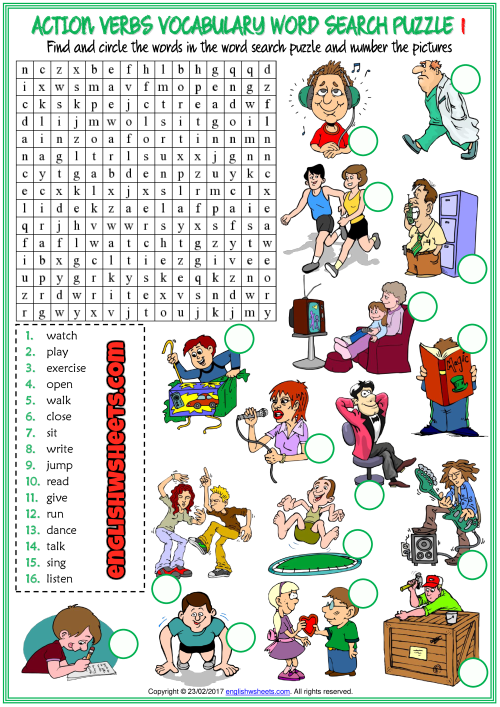 The user is provided not only with the letters that are in the word but also other random letters. The points system progresses with levels of difficulty.
The user is provided not only with the letters that are in the word but also other random letters. The points system progresses with levels of difficulty.
Spelling Shed publishers should be congratulated on the vast selection of words that are offered and the unique fun way in which the spellings are delivered.
Spelling Shed is a subscription-based service. This subscription service offers 3 different levels for parents and schools. The benefits of the subscriptions include numerous student accounts, access to a whole school spelling scheme, the ability to monitor students' usage and scheduling homework and deadlines. These services provide an ideal insight into pupil scores, data and activities. Spelling Shed is a wonderful service especially for schools who wish to employ a whole school literacy scheme.
Spelling Shed can be played on both mobile, tablet and computer devices, however, we did notice that the mobile version did sometimes allow restrictions for the user when selecting letters as they were behind other graphics especially in the harder levels.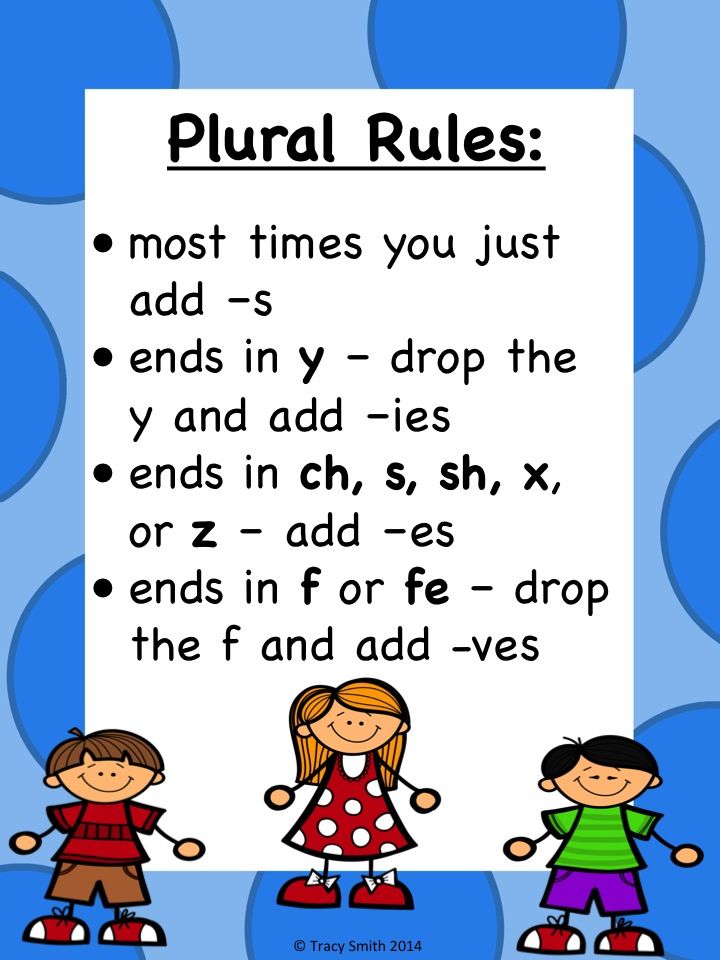
How much does Spelling Shed cost?
A spelling shed app is available on iOS and Android devices at a cost of £2.99.
To access Spelling Shed, it has a wide range of subscription packages. Before you opt for a premium membership, you can try their 14 days free trial. If you are satisfied with what you see here, you can choose to opt for their paid packages.
Pricing for a parent subscription starts at just £4.99/month or £29.99/year. You will also have full access to the Spelling Shed web game and hive games. Data tracking is also enabled in this package.
Standard school subscription is £0.83 per student per year. This package gives you unlimited pupil accounts, and access to unlimited spelling sheets. You will also get all the other facilities from the Personal subscription package, along with detailed stats and leaderboards. Teacher subscription costs £36/year.
Overall Spelling Shed is great fun and provides endless opportunities for parents, teachers and schools.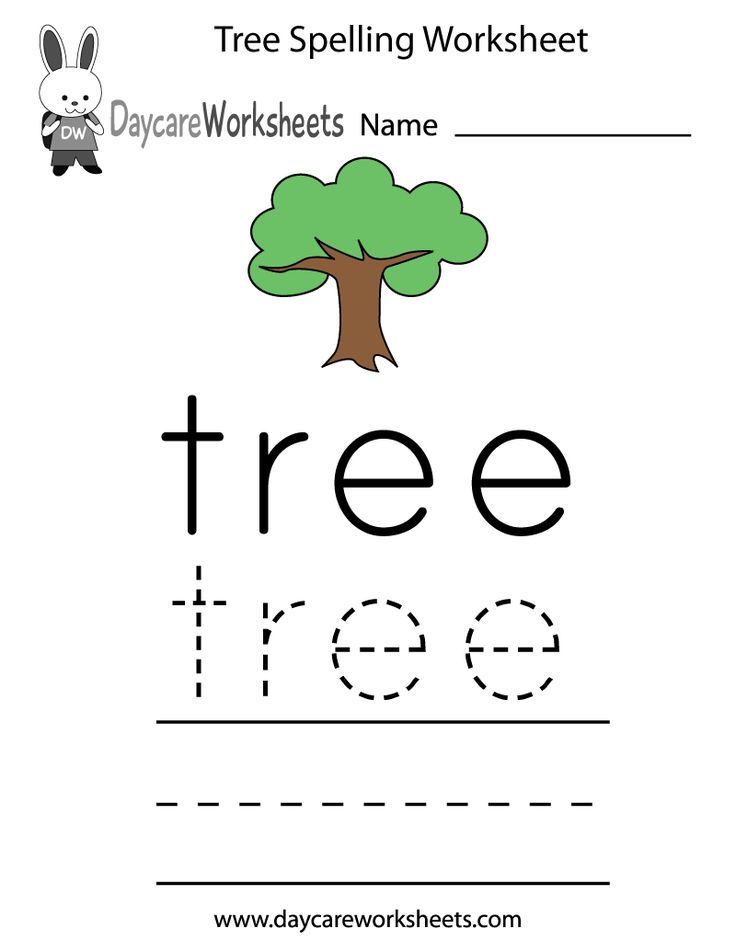 We really love how the words are linked to the national curriculum framework and the unique subscription service that supports literacy programmes. This app comes highly recommended by the Educational App Store.
We really love how the words are linked to the national curriculum framework and the unique subscription service that supports literacy programmes. This app comes highly recommended by the Educational App Store.
How to teach a child to write without mistakes: we train in writing dictations
It would seem that in the age of high technology dominance, the ability to write correctly and express one's thoughts will disappear as unnecessary. But even the most perfect computer program cannot always recognize an error in the text and construct a sentence correctly.
Therefore, it was and remains important and necessary to know the rules of the Russian language and the ability to apply them in practice.
But what if the child constantly writes with errors? And is it possible for an adult to learn literate writing? You will learn how to teach a child to write without errors in this article.
Prostock-studio/Shutterstock.com
Content:
- Causes of spelling errors in children
- What is dysgraphia?
- How to write a dictation correctly: the secrets of teachers
- Learning to write without mistakes
- Advice for elementary school students and their parents
- How to help a middle school child?
- Competent writing among high school students and adults: is it possible to learn?
Causes of errors in writing in children
Teachers complain that with the popularity of gadgets, children have forgotten how to correctly write dictations and essays.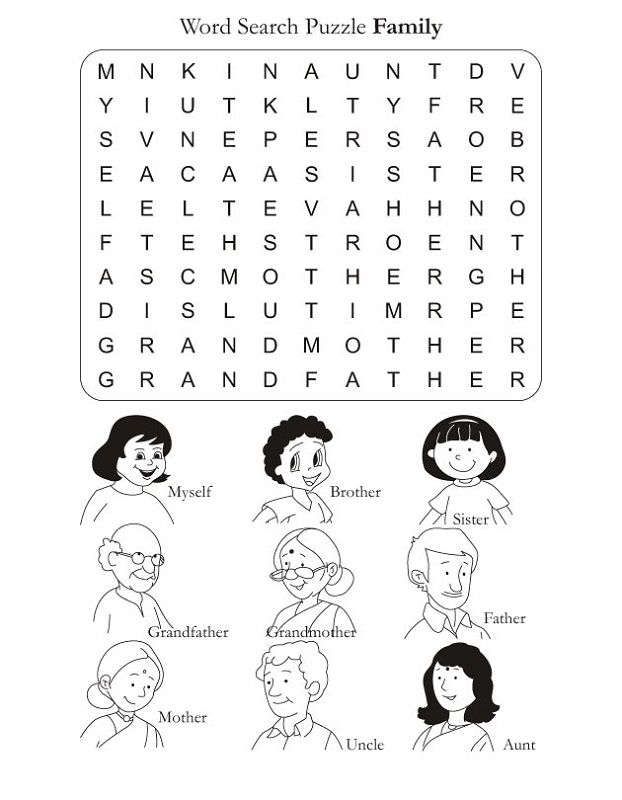 In fact, the problem is not only this.
In fact, the problem is not only this.
Let's try to figure out why not all children manage to write words without mistakes.
The reasons may be:
Ignorance of the rules
Often a child makes mistakes if he does not know how certain words are spelled correctly.
The Russian language has rules that require the traditional spelling of words, regardless of pronunciation. For example, "zhi-shi" write with the letter "and", "ca-cha" write with the letter "a".
Also, do not forget about the rule for selecting test words and dictionary words, the spelling of which you just need to remember.
If a child does not have enough knowledge of these rules and does not remember the correct spelling of words, then mistakes in writing are inevitable.
Fatigue
Prostock-studio/Shutterstock.com
Missing letters or misspellings of words also occur due to the child's fatigue, fatigue and malaise. Attention becomes distracted, and the student makes a mistake even in those words with the spelling of which he is perfectly familiar.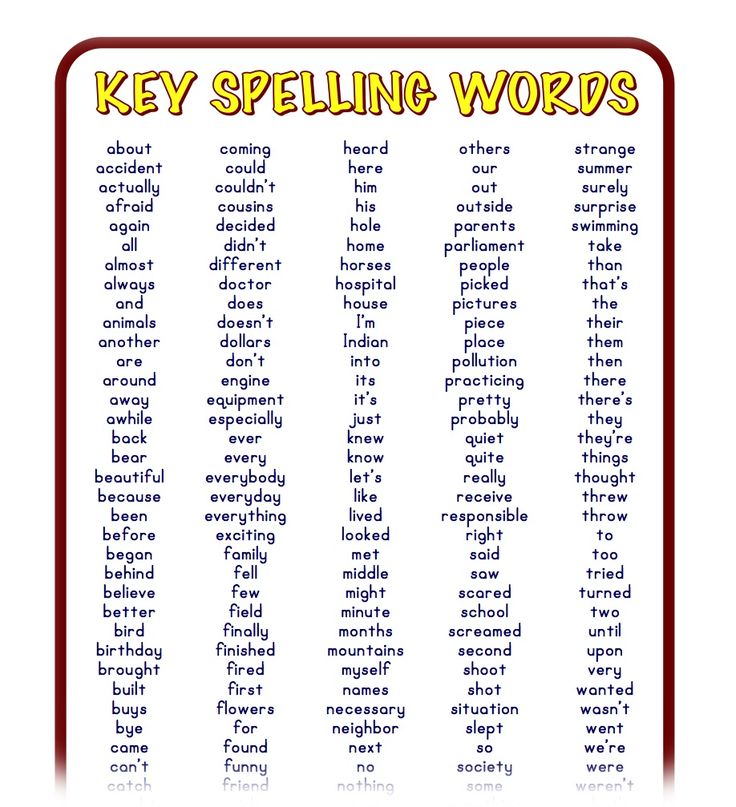
Read also About school workloads: how to prevent overwork in a child?
Fear of bad grades
The child is afraid of getting a bad grade for a dictation or an essay. Unable to concentrate on the task, distracted. And he always makes a mistake: he does not add words, he rearranges syllables in places.
The appearance of such a fear is often associated with the fact that parents are too strict with the child's progress.
Specific problems
These include left-handedness, including retrained, as well as bilingualism in the family. All this contributes to the fact that the child may have problems with the correct spelling of words.
Dysgraphia
Often mistakes in writing are due to the fact that the child suffers from dysgraphia.
Learn more about this violation in the next section.
What is dysgraphia?
Prostock-studio/Shutterstock.com
Dysgraphia is a writing disorder characterized by persistent and repetitive errors.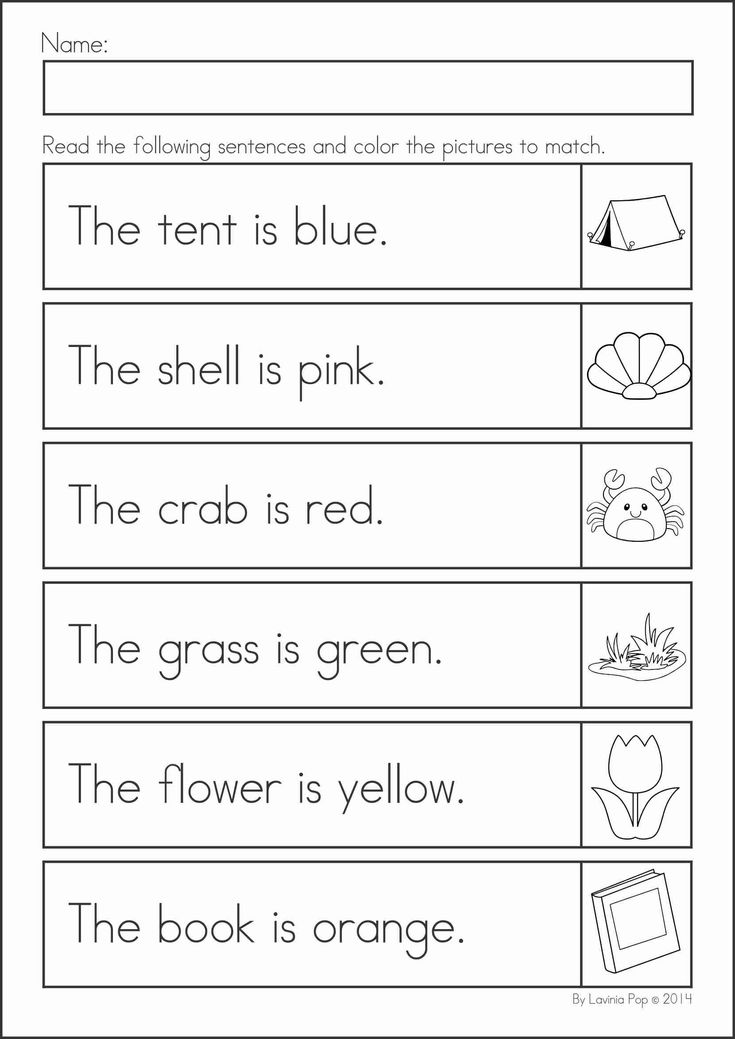 Dysgraphia is associated with the underdevelopment of certain areas of the brain. Therefore, the child does not possess the skills of speech analysis and synthesis.
Dysgraphia is associated with the underdevelopment of certain areas of the brain. Therefore, the child does not possess the skills of speech analysis and synthesis.
According to 2018 data, about 37% of Russian schoolchildren suffer from dysgraphia.
What errors indicate dysgraphia:
- omissions of letters and whole syllables in words;
- adding extra letters to words;
- substitutions for letters that are similar in spelling;
- mirror image of letters;
- continuous spelling of words;
- incorrect word agreement;
- illegible handwriting.
A speech therapist and a neurologist deal with the correction of this disorder. In difficult cases, drug therapy is also used.
How to write a dictation correctly: the secrets of teachers
Prostock-studio/Shutterstock.com
Many parents are concerned about the question - how to teach a child to write dictations without mistakes? After all, dictation texts begin to be given to students already in elementary school.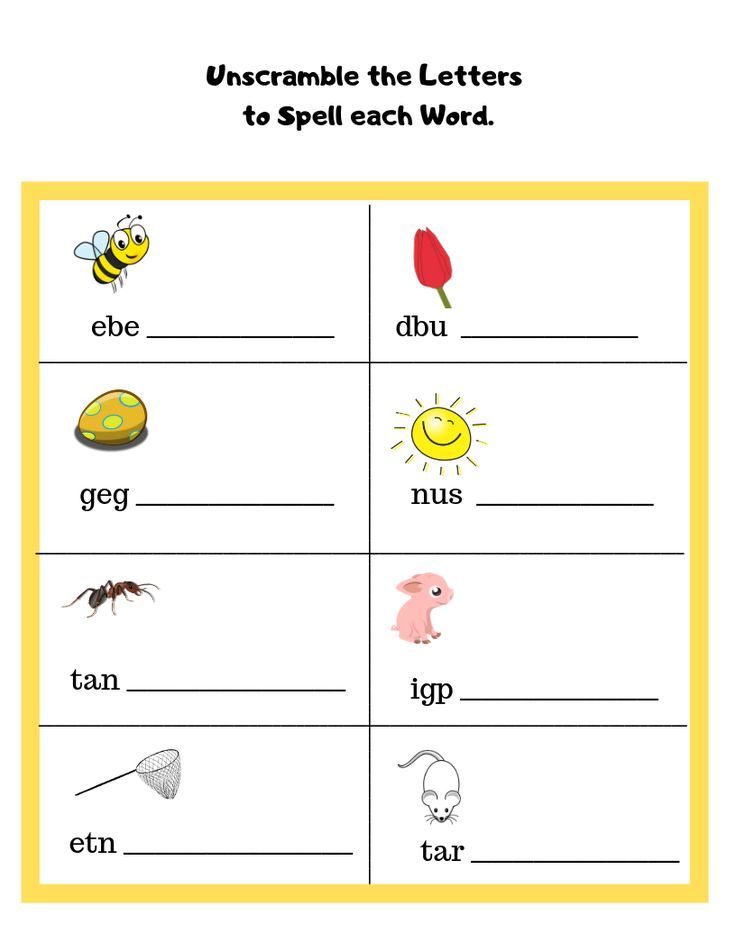
Teachers reveal the secrets of successful dictation writing.
Secret #1. Develop fine motor skills, train your fingers
Modeling, appliqué, finger games are useful. They contribute to the development of the skill of beautiful and accurate writing.
Secret #2. Regularity is important
To learn something, you need to practice this action as often as possible. This applies to both driving a car, playing a musical instrument, and the ability to write correctly.
Make it a rule to write two dictations a week with your child. Repeat difficult words for him 2-3 times.
Do not focus on misspellings by underlining errors with red ink. It is better to put the difficult word in the dictionary and repeat the rule with the child, which will help to write this word correctly.
Secret #3. Properly designed workplace
The place where the child learns lessons should be well lit and equipped with the necessary furniture.
It is also important to teach your son or daughter how to sit at a table with a straight back and hold a notebook at a 45 degree angle.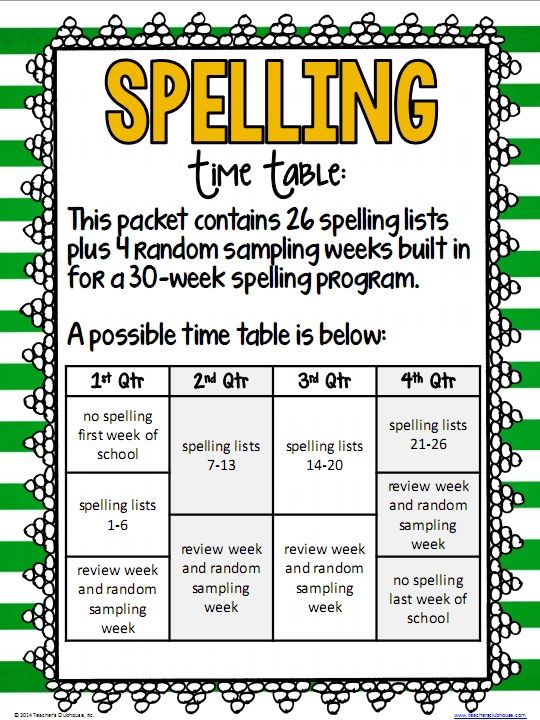
If the child sits in an uncomfortable position, there is excessive muscle tension, which leads to rapid fatigue.
Find out more about the proper organization of the workspace for a student of any grade.
Secret #4. Reading aloud
Prostock-studio/Shutterstock.com
It is recommended to start reading fairy tales, nursery rhymes, nursery rhymes to your child from early childhood. When he learns to read on his own, ask him to read each word as it is spelled so that he remembers the correct spelling. Let him pronounce all the words from the text clearly and distinctly.
After that, you can proceed to reading as we speak.
Children also like it when their parents read roles with them with a certain intonation that matches the character's character.
Secret #5. Teaching through passion
Any, even the most complex material, is easier to learn through play.
It will be useful to play at school, where the child appears both as a student and as a teacher.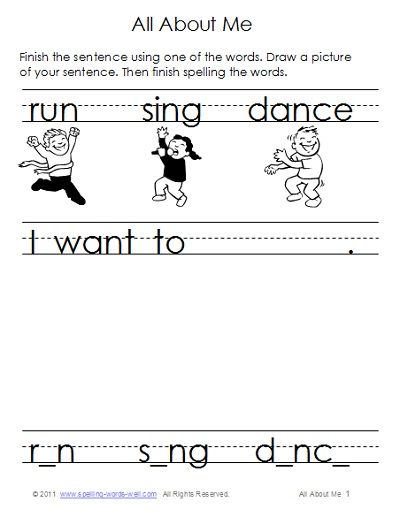 Let him try to conduct a dictation for his parents himself and check for mistakes.
Let him try to conduct a dictation for his parents himself and check for mistakes.
Secret #6. Listen carefully
Explain to your child the rules for writing dictations:
- Pay attention to the pauses when the teacher reads the text.
- Do not start writing until the sentence has been read to the end.
- Don't cheat from your neighbor. He can make mistakes himself.
- When you write a compound word, say it out loud in syllables.
- Don't rush to turn in your notebook. Check your work carefully again.
When sending your child to school, take care not only of his readiness, but also of safety. Purchase a children's GPS watch or install the Find My Kids app on your phone. With their help, you can check how your child's lessons are going, whether peers or teachers offend him at school. And if the student goes to school on their own, you can see which route they are taking (and assess their safety) and where they are at the moment.
Learning to write without mistakes
Prostock-studio/Shutterstock.com
Tips for elementary school students and their parents
Proper motivation
The child must understand why he needs good writing. A competently writing and speaking person always commands respect from others. Moreover, these skills are sure to come in handy in business life. Yes, and a regular SMS message is more pleasant to read when it does not contain grammatical errors.
Education in the form of a game
As we have already said, it is easier for a preschooler, like a primary school student, to memorize the material if it is presented in a playful way. The following games will be useful:
1. Find and mark
The child is offered a text in which, for example, you need to circle the letter “l” and cross out the letter “a”.
2. Echo
Adult reads the word. The task of the child is to reproduce the ending of this word.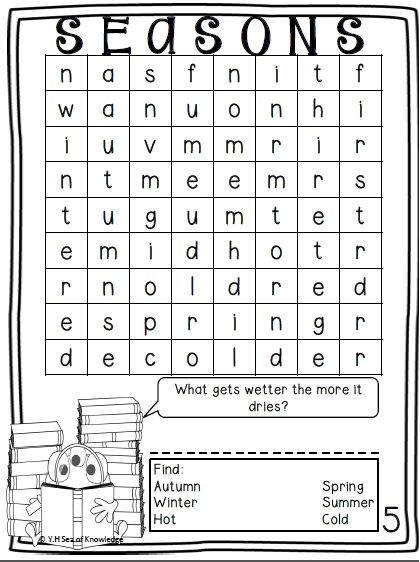 Then write it in a notebook and highlight the ending with a special sign.
Then write it in a notebook and highlight the ending with a special sign.
3. Find the word
The child is offered a text in which you need to find a word according to certain characteristics. For example, all words beginning with the letter "c" or all words ending in the letter "a".
4. Write a word
Prostock-studio/Shutterstock.com
Mom or dad lays out cards with letters in front of the child. The task of the child is to make a word out of them. It is better to start with simple words: “house”, “garden”, then move on to more complex ones: “hello”, “desk”, “chest of drawers”, etc. If the child finds it difficult to complete the task, he is given only the letters that make up the desired word.
You can make the game more difficult: write the name of your favorite fruit or sweet from the letters. In this case, the child chooses the word himself.
These and other games will help schoolchildren learn to write even the most difficult words carefully and without mistakes.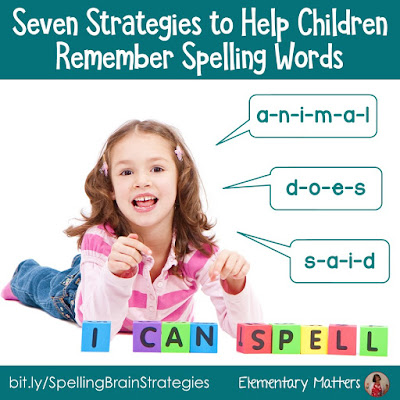
Don't forget about physiology
You don't have to force your child to sit at the table for hours and achieve even calligraphic handwriting. Otherwise, classes will turn into torture for him. 20-30 minutes a day devoted to the development of literate writing is enough for a primary school student.
Also find out what to do if your child does not want to study and do homework.
How to help a middle school child?
Prostock-studio/Shutterstock.com
If your child hasn't developed good writing skills after elementary school, then it is necessary to continue this work in middle school.
The following exercises will help students:
Find the mistake
The parent writes a text with errors in those words, the spelling of which the child cannot remember in any way. The child's task is to find a misspelled word and remember the rule that should be followed when writing this word.
Dictionary of compound words
It is necessary for recording vocabulary words and words in which the child constantly makes mistakes. An adult dictates words from it first, and then sentences with these words, checking the spelling.
An adult dictates words from it first, and then sentences with these words, checking the spelling.
Life hack: find the right motivation for student learning. Together come up with a desired goal for which the child will save by completing certain tasks from the parent. The Find My Kids app and the new Kids Tasks feature help make this happen!
Make up a sentence
The child is given cards with words, from which he must make a sentence and write it in a notebook. An adult checks the correct spelling of words and literacy of the text.
Missing words
The child picks up the missing words. For example: “It melts in the spring ...., they run ...., they fly in from the south ....”
Make a word
The same exercise as for elementary grades, but with more difficult words. For example, terms from any area (recycling, abbreviation, dissimilation, and others).
Compose a crossword puzzle
A child composes a crossword puzzle for parents on a specific topic, for example, based on the works of A.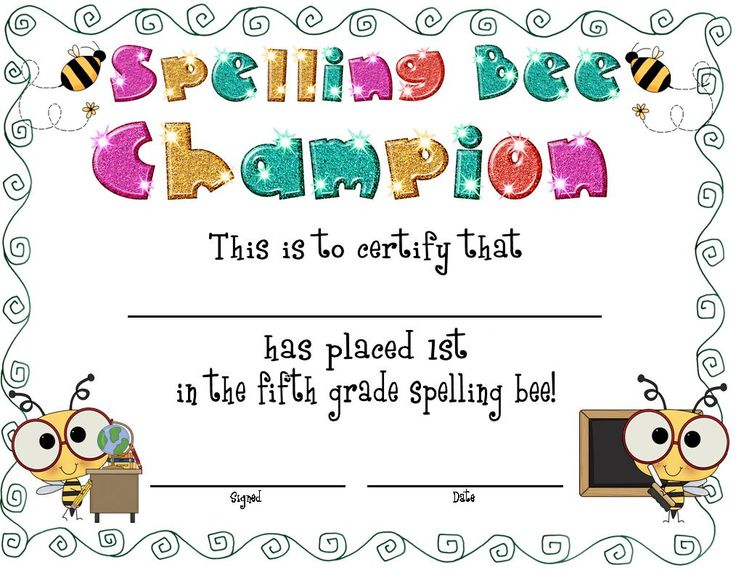 S. Pushkin, and for him they are from words that are difficult to spell.
S. Pushkin, and for him they are from words that are difficult to spell.
Competent writing among high school students and adults: is it possible to learn?
Prostock-studio/Shutterstock.com
There is an opinion that if a child does not learn to write correctly from the first grade, then this skill will remain unattainable for him in the future.
But experts say that this is not so. Writing beautifully and without mistakes can be learned at any age.
Tips for high school students and adults to achieve good writing:
- Be patient
If you really want to learn how to write correctly, it will take time and desire, as well as perseverance in achieving the goal. Classes should be regular. It is better if they take place at the same time. So your brain will quickly get used to the need to improve writing.
- Get in the habit of using a spelling dictionary if you don't know the correct spelling of a word
- Read a lot and enjoy it
Reading develops attention and visual memory.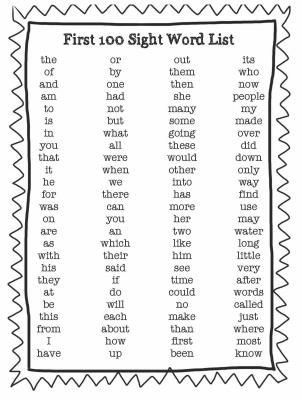 When reading a text, you unconsciously memorize the correct spelling of words, including complex ones. And if at the same time you also pronounce it, motor memory is included in the matter. Choose books that suit your interests, but it is better to give preference to the classics.
When reading a text, you unconsciously memorize the correct spelling of words, including complex ones. And if at the same time you also pronounce it, motor memory is included in the matter. Choose books that suit your interests, but it is better to give preference to the classics.
Prostock-studio/Shutterstock.com
- Copy your favorite expressions, quotes from the book
The more the better. Pay attention not only to the correct spelling of words, but also to punctuation marks.
- Learning poetry by heart also contributes to the development of literate speech
- It will not be superfluous if you involve a friend, girlfriend, husband or wife in classes
You can even arrange a competition "Who will write more texts without errors?"
- Create your own difficult words dictionary and write down words whose spelling is difficult for you to remember. And periodically reread them
- Repeat those rules of the Russian language that you forgot from the school curriculum
- If self-study does not benefit you, use the services of tutors
You can learn to write correctly and without mistakes at any age, both for a child and an adult. The main thing is to make the necessary efforts for this and not be afraid of difficulties!
The main thing is to make the necessary efforts for this and not be afraid of difficulties!
Read also:
- The child does not want to study and do homework: what should parents do?
- The most important thing about school holidays 2020-2021: dates, dates and possible changes
- How to stop being nervous and scolding a child during a DD?
Please rate the article
It is very important to us!
Average rating: 4.5 / 5. Votes: 8
No ratings yet. Rate first!
Receive a school preparation checklist to your mail
Letter sent!
Check e-mail
How to develop literacy
254
No matter how much we talk to children in their native language, but when faced with the rules of spelling and punctuation at school, most children experience difficulties.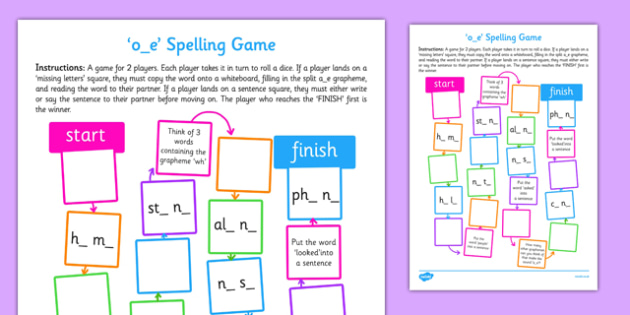 Someone manages to quickly master the basics of the Russian language, someone suffers and fights over every letter and comma. How to help a student make friends with grammar, spelling and other “charms” of such a native, but such a complex Russian language?
Someone manages to quickly master the basics of the Russian language, someone suffers and fights over every letter and comma. How to help a student make friends with grammar, spelling and other “charms” of such a native, but such a complex Russian language?
In the study of any subject, science or academic discipline, one of the most important conditions is an individual approach. One student will memorize a dictionary word by writing it by hand 20 times in a row; in another, only a word spoken aloud several times will be deposited in the memory; the third will be able to assimilate the material if it is placed in several conspicuous places so that you can often cling to it with your eyes. Experienced educators can determine whether a child is auditory, visual, or kinesthetic. If parents understand the individual characteristics of the child, this will also make it much easier for them to help in school.
- Mnemonics
Mnemonics or mnemonics are special memorization techniques based on associations.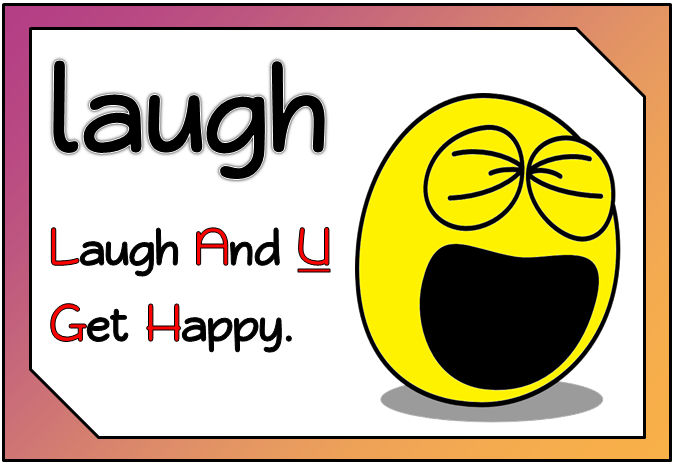 There are many ready-made memos of rules and compound words. If the child is having difficulty, help him come up with his own association to a difficult rule or word.
There are many ready-made memos of rules and compound words. If the child is having difficulty, help him come up with his own association to a difficult rule or word. - Bedtime Story
If you still have the wonderful tradition of reading to your child before bed, use this time for extra language learning. When reading, pronounce the words clearly, paying special attention to complex and dictionary words. Perhaps the child will like to look for adjectives or proper names in the text. Think of the text not only as a bedtime story, but also as a fascinating card or box full of interesting secrets. Where did one word come from? How did the other come about? What happens if a couple of letters are taken away from the third word? Such reading games before bedtime not only contribute to easy memorization, but can also lead to the formation of a cognitive interest in languages for life. - Filling in the gaps
Every child misses classes from time to time, gets distracted in class, or approaches the task responsibly.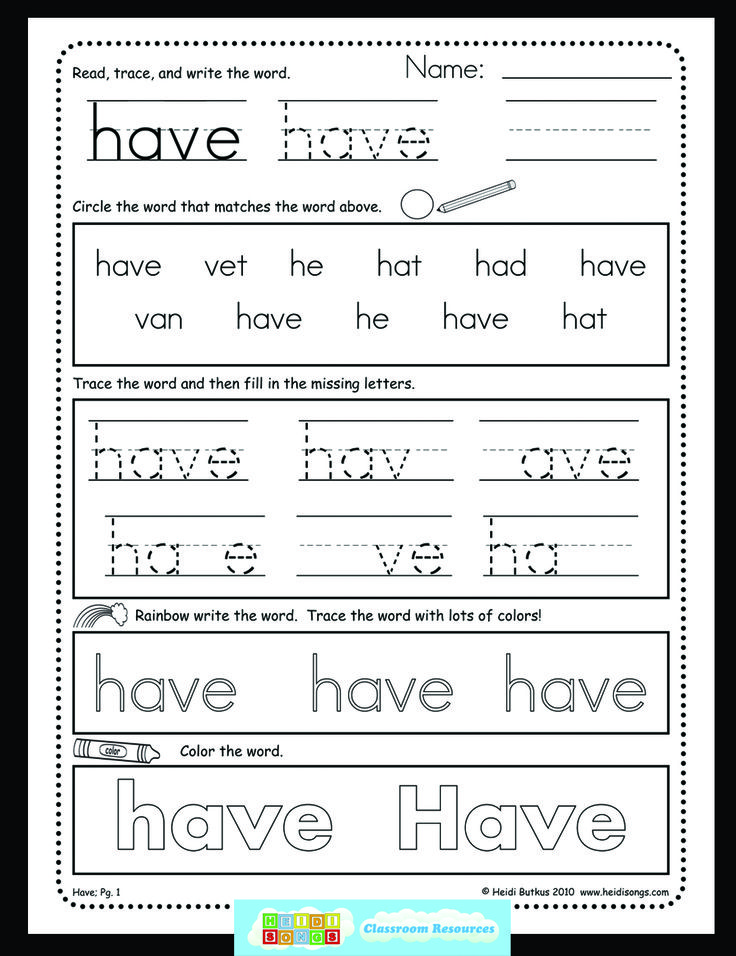 As a result of all this, holes can appear in knowledge, which will certainly prevent further study of the rules. If you notice that the child makes the same type of mistakes, return with him to this rule and explain again. Perhaps this material, according to the teacher, was not very clear to the child, your explanation will help him understand and learn the missing knowledge.
As a result of all this, holes can appear in knowledge, which will certainly prevent further study of the rules. If you notice that the child makes the same type of mistakes, return with him to this rule and explain again. Perhaps this material, according to the teacher, was not very clear to the child, your explanation will help him understand and learn the missing knowledge. - Video lessons
Visual children perceive information much better with their eyes than with their ears. What the teacher said is quickly lost in the flow of information, forgotten. Try reinforcing important rules with videos. - Think schematically
Rules and patterns are easy to remember if presented in the form of diagrams or tables. Show your child how to do it. Perhaps schematic thinking is his forte. - Regular writing
Nothing contributes to the assimilation of the rules like constant practice. Encourage your child to write as much as possible: a letter to Santa Claus, a beloved grandmother, his own story or fairy tale - whatever.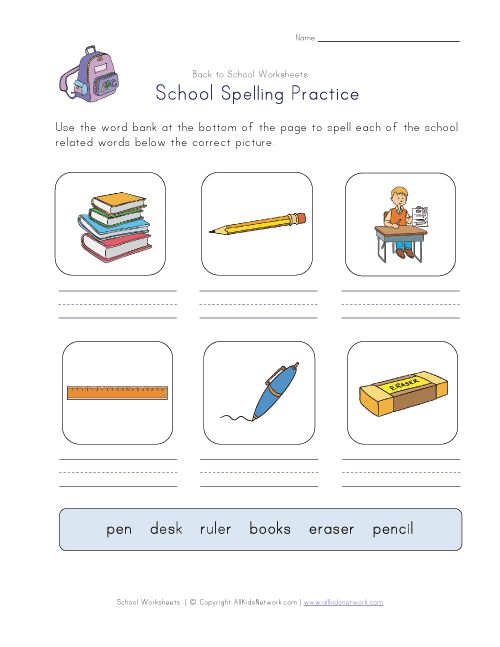 It is important not only to write, but also to parse what is written, analyze every mistake, repeat the most difficult rules and words. To write thoughtfully means to memorize what is written not only with the mind, but also with the eyes and pens.
It is important not only to write, but also to parse what is written, analyze every mistake, repeat the most difficult rules and words. To write thoughtfully means to memorize what is written not only with the mind, but also with the eyes and pens. - Self-teacher
Educational activity for a junior schoolchild is a rather unusual activity. At this age, the child is still developing the necessary skills in the process of playing. To successfully master the school curriculum, you need to play school. Being a teacher is a very big responsibility, you can't teach wrong. Regularly invite your child to teach a Russian lesson to a teddy bear or dad. You can motivate repetition, for example, with the following phrase: “Today the bear will learn the “zhi-shi” rule, so let's remember it before you start your lesson as a teacher.” - Proper motivation
Proper motivation is always important in studies. Why do children need this spelling? Why do you need to be able to put commas in the right places? Make an effort and explain to the child all the advantages of a literate person.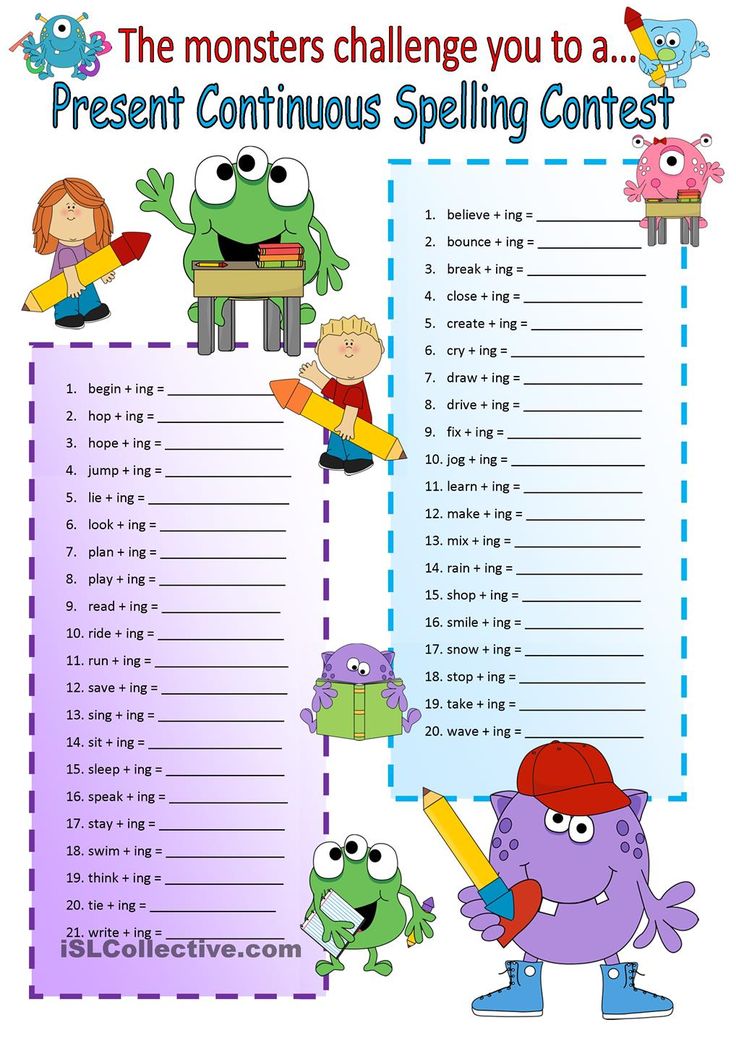
Learn more

